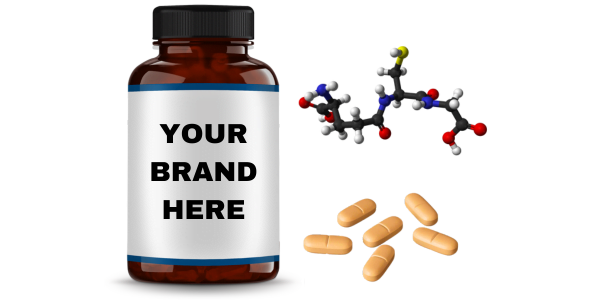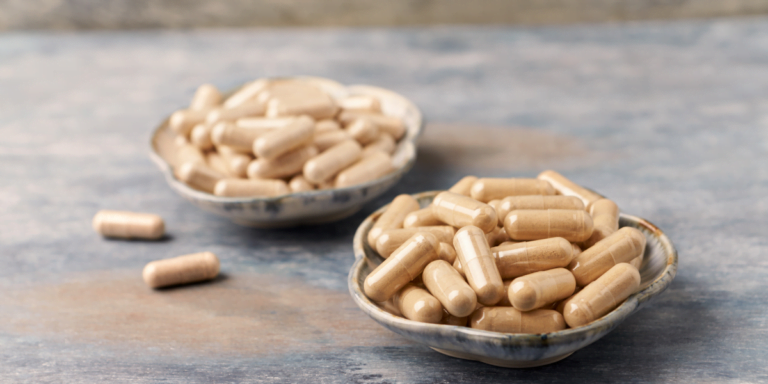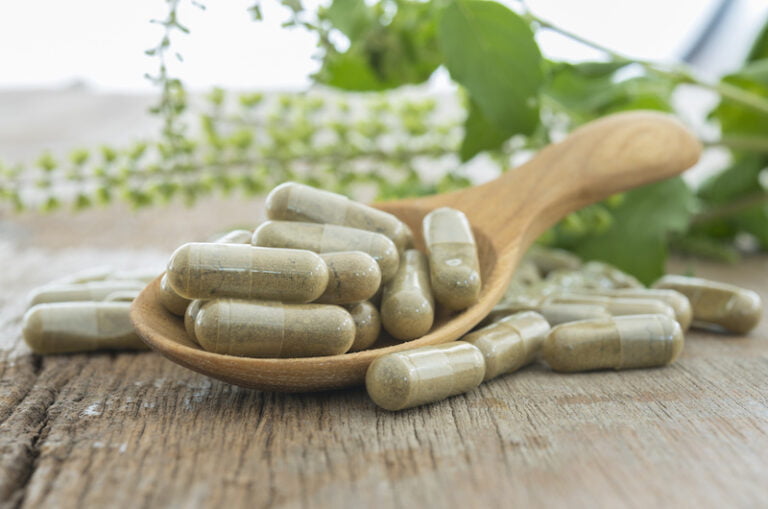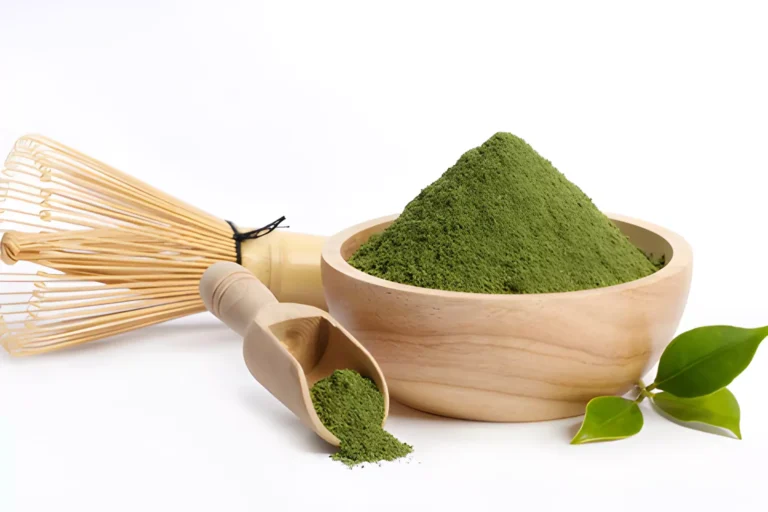What to Avoid When Taking Glutathione & Lifestyle Recommendations
Glutathione is a powerful antioxidant that is naturally produced by your body. It helps protect your cells from oxidative stress, detoxify harmful substances, and support your immune system. However, glutathione levels can decline due to aging, poor nutrition, stress, and exposure to toxins. This can lead to various health problems, such as chronic inflammation, weakened immunity, and premature aging.
To boost your glutathione levels, consider using glutathione supplements like injections and tablets or eating foods rich in glutathione. However, not all forms of glutathione are equally effective, and some factors may interfere with its absorption or function. In this article, we will discuss the benefits of glutathione and what to avoid when taking glutathione.
Things to Avoid while Taking Glutathione
If you plan to use glutathione for skin whitening or other benefits, you should be aware of the following factors.
- Avoid alcohol and smoking. Excessive alcohol consumption and smoking can decrease glutathione levels and damage cells and tissues. So, it is best to avoid smoking and alcohol altogether.
- Avoid caffeine. Caffeine can also create glutathione deficiency, so limiting your caffeine intake while taking a dose of glutathione is best.
- Avoid certain medications. Some medications, such as acetaminophen (Tylenol) and ibuprofen (Advil), can also decrease glutathione levels. If you take any medications, talk to a healthcare professional before starting glutathione.
- Avoid processed foods. Processed and fried foods are high in unhealthy fats, sugar, and salt, which can all increase oxidative stress and reduce glutathione levels. So, Eating a healthy diet rich in fruits, vegetables, and whole grains is best.
- Avoid dairy foods and drinks. Dairy products contain casein, a protein that can bind to glutathione and make it unavailable to the body. It is best to avoid dairy products and drinks while taking glutathione.
Are There Certain Types of Food to Avoid When Taking Glutathione?
No, there are no specific foods that need to be avoided when consuming glutathione. However, following a healthy diet is essential to support the body’s natural glutathione production. This includes eating fresh fruits and vegetables, whole grains, lean proteins, and healthy fats. It is also important to limit processed foods, sugary drinks, and unhealthy fats. Here are some specific tips for eating a glutathione-boosting diet:
- Eat plenty of sulfur-rich foods, such as cruciferous vegetables (broccoli, cauliflower, cabbage, Brussels sprouts), allium vegetables (garlic, onions, leeks), and eggs.
- Include selenium-rich foods, such as Brazil nuts, sunflower seeds, and seafood.
- Eat plenty of vitamin C-rich foods, such as citrus fruits, berries, and bell peppers.
- Drink plenty of water throughout the day.
It is also important to note that the cooking method can affect the glutathione content of foods. For example, boiling or microwaving can reduce the glutathione content of fruits and vegetables. It is best to eat them raw or lightly steamed whenever possible.
What Should You Not Take With Glutathione?
You should not take glutathione with certain medications, such as acetaminophen (Tylenol) and ibuprofen (Advil). These medications can deplete glutathione levels. You should also talk to your doctor before taking glutathione with other medications, as it may interact with them.

Does Glutathione Interact With Any Medications?
Glutathione is a naturally occurring antioxidant in the body that plays a role in many vital processes, including detoxification, cell repair, and immune function. It is generally considered to be safe, but it can interact with certain medications, such as:
- Chemotherapy drugs including cisplatin and carboplatin.
- Anticoagulants such as warfarin and heparin.
- Blood pressure medications
- Immunosuppressants such as corticosteroids and cyclosporine.
Is It OK To Take Vitamin D With Glutathione?
Yes, it is OK to take vitamin D with glutathione. In fact, evidence shows these two nutrients may work together to boost immunity and protect against disease. For example, a 2018 study found that people who took vitamin D and glutathione had higher levels of glutathione in their blood and lower levels of inflammatory markers than those who only took vitamin D or glutathione.
Another 2020 study found that vitamin D supplementation could help to increase glutathione levels in the body. However, it is essential to note that both vitamin D and glutathione are potent antioxidants, and taking too much of either one could have harmful side effects. Therefore, it is essential to talk to your doctor before taking either supplement, especially if you have any underlying health conditions or are taking any medications.
What Are The Dangers Of Glutathione?
Glutathione is generally safe for most people to take. However, it can cause side effects in some people, such as nausea, vomiting, diarrhea, and skin rash. It is essential to talk to your doctor before taking glutathione, especially if you have any underlying health conditions or are taking any medications.
Lifestyle Recommendations While Taking Glutathione Supplement
Apart from the dietary supplements and foods, you also need to change your lifestyle. For example, you need to change your daily habits that support the natural glutathione in your body. Here are a few of them.
- Eat a healthy diet. Glutathione is produced from the amino acids cysteine, glycine, and glutamate. Eating foods rich in these amino acids can help to support glutathione production. Good sources of cysteine include lean protein, eggs, and dairy products. Glycine is found in meat, poultry, and fish. Glutamate is abundant in foods like cheese, nuts, and seeds.
- Get regular exercise. Exercise helps to boost glutathione levels and improve overall health. Aim for at least 30 minutes of moderate-intensity exercise most days of the week.
- Get enough sleep. When you sleep, your body has a chance to repair and regenerate cells. This includes producing glutathione. Aim for 7-8 hours of sleep each night.
- Manage stress. Stress can deplete glutathione levels. Find healthy ways to manage stress, such as exercise, yoga, or meditation.
What Happens When You Stop Taking Glutathione
When you stop taking glutathione supplements, your glutathione levels decrease and return to the baseline. However, it is essential to note that glutathione levels can decline with age, stress, and exposure to environmental toxins. If you are concerned about your glutathione levels, consult a healthcare professional about potential side effects in the long term.
Conclusion
Glutathione is a powerful antioxidant that can help protect your health and prevent or treat various diseases. However, taking glutathione may not be suitable for everyone, and there are some things that you should avoid when taking glutathione. These include alcohol, smoking, caffeine, certain medications, and dairy products. You should also consult your healthcare provider before taking glutathione supplements to determine the best dosage and form.
You can get many potential health benefits with proper care, such as skin lightening, anti-aging, and many more. I hope the article answered all your questions about glutathione and its effects on the body.




